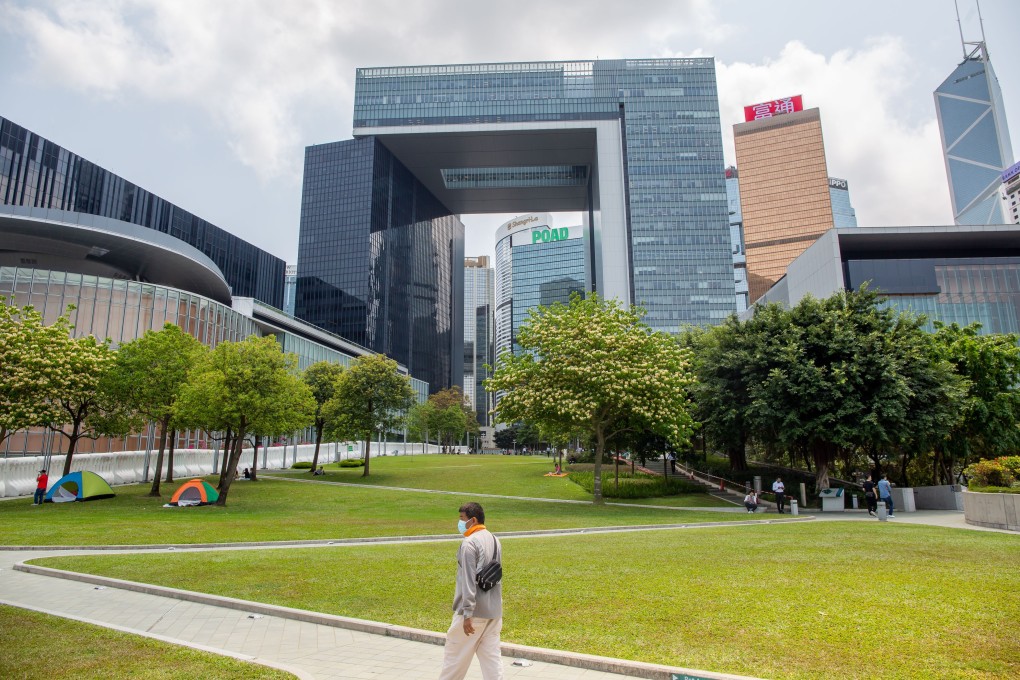My Take | Government by social engineering or ‘gardening’?
- Influential Canadian writer Brian Lee Crowley offers a challenging way to think about government today, including politics in Hong Kong

Even today, overseas political discourse is still dominated by the conventional political division of left and right. This is despite the fall of Soviet communism and the adoption, by varying degrees, of capitalist and free-trade principles in the running of economies in China, Vietnam, Laos and Cuba, and, to an extent, even North Korea.
Into such endless debate and distinction, Brian Lee Crowley, one of Canada’s most influential public intellectuals, offers what he claims is a more fundamental conception. He thinks people who are engaged in the political arena are either “gardeners” or “designers”. That cuts right into not only the art of government, but also its methods and ultimate purpose. He means the distinction to be a practical political philosophy.
Who are the designers or social engineers?
“There are people who conceive of society as a machine,” he writes in his new book, Gardeners vs Designers – Understanding the Great Fault Line in Canadian Politics.
